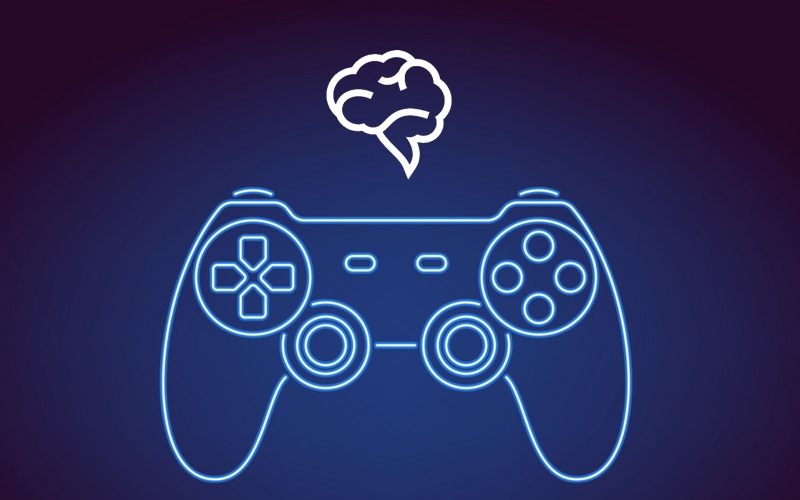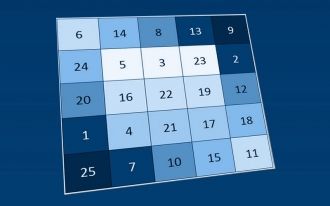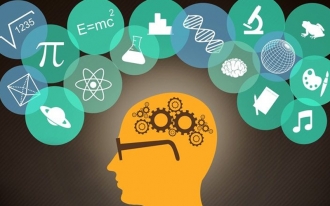- BRAINTRAIN |
- Blog |
- Brain Development |
- How Do Computer Games Affect the Brain?

Bogdan Moroz 04.02.2020 2545 Comments
In search of factors contributing to the development or degradation of mental abilities, neuropsychologists first examine common activities of the modern generation, one of which is time spent on computer games.
Moreover, many virtual product manufacturers claim their creations positively impact the mental abilities of the younger generation. This isn’t just about online brain trainers or logic puzzles but often about various “shooters” and arcade games. Only unbiased researchers, not funded by the producing companies, can provide an objective assessment of this impact.
The most extensive research in this area was conducted by neuropsychologists at a Canadian university, and we’ll base our article on their findings.
Objective Areas of Computer Games’ Impact on the Brain
Practically, the brain can benefit from nearly any situation, including computer games, and this effect has been experimentally confirmed. However, it’s far more important to understand the degree of usefulness and potential negative side effects. The outcome and its significance can vary drastically depending on conditions, especially the duration of time spent gaming.
Can this enjoyable activity, for certain groups, practically train the brain if specific guidelines are followed, or is it a marketing myth to attract more consumers?
Spatial Thinking
Consider the brain region specifically responsible for spatial orientation. This area processes vast streams of information about positioning and environmental details, building a map in long-term memory that can become more detailed over time.
Studies show these analytical zones are actively engaged during gaming sessions. Players explore virtual maps, memorize them quickly, and navigate effectively in the virtual world. Brain activity in these zones is significantly higher than in others, indicating increased load on navigation centers.
Based on this, gaming can, to some extent, train the brain, specifically the navigation-related parts.
Multitasking
A popular term in today’s world, multitasking refers to performing multiple tasks simultaneously. Gamers and game producers claim regular gaming sessions make players more focused and capable of managing several processes at once—like monitoring a map, tracking a gauge, viewing the main screen, and chatting in-game.
At first glance, this seems plausible, but recent studies on cognition show the brain isn’t capable of true multitasking in conscious processes. What appears as multitasking is actually rapid task-switching. Some people switch quickly between tasks, while others struggle to master this ability.
Psychologists suggest avoiding this pursuit, as it compromises the depth of information processing, resulting in lower-quality outcomes compared to focused single-task work. Despite society’s preference for multitaskers, their results are typically inferior.
Some games do help develop quick task-switching, but specific attention development exercises are far more effective, as concentration on alternating tasks creates the multitasking effect.
Working Memory
Another confirmed impact is enhanced working memory function and slight capacity expansion, though this varies by individual and game type. Nearly all tasks, from children’s sandbox games to targeted thinking trainers, influence working memory. This memory handles real-time information processing, comparison, perception, and modification. Its development is influenced by many factors, and training occurs lifelong through games, tasks, reading, or reflecting on a topic.
Individuality of Effects
Research also revealed that not all players showed consistent results, and brain development depended on chosen strategies. Some focused on navigating virtual environments, others moved chaotically, some developed strategies, and others played for fun, showing different activity. Thus, while games can positively affect certain brain zones, this isn’t guaranteed for every individual. The effect is possible but not assured.
Ambiguity of Research Results
Though scientific experiments seem reliable for obtaining accurate data, they face challenges that often reduce the precision of findings. Several factors make data less objective, requiring further observations for definitive conclusions.
Brain Plasticity and Scientific Paradigm Barriers
Until recently, it was believed brain structures could only change in childhood, stabilizing thereafter. This led to established observation methods and norms.
However, recent studies proved lifelong neuroplasticity, with brain zones adapting to damage in analyzers or receptor zones. This makes it hard to generalize findings, as brain changes and outcomes are highly individual. The prior scientific paradigm was flawed, undermining conclusions based on old beliefs.
Time Barriers to Objective Data
Experimental observations are often time-limited, typically up to a year. In reality, computer games impact players’ cognition over decades, making objective assessment impossible. Studies can only suggest change directions, not their scale.
Motivational Influence
Motivation among test groups poses another obstacle to clear conclusions. Comparing gamers (motivated) to non-gamers (unmotivated) introduces bias, as motivation can be a decisive factor in results.
Special Training Games and Online Brain Trainers
Let’s examine targeted games marketed as designed to train and develop intellectual abilities. Is this field as clear-cut as claimed?
Development Challenges
The main issue for developers of such games and trainers is the lack of precise, verified data on what works effectively. Long-term, costly research is needed, which few undertake. Developers rely on their vision and user feedback.
Essentially, these games are experimental, and their effectiveness cannot yet be objectively assessed.
Long-Term Research Difficulties
In the gaming industry, time is a costly resource, so long-term product studies are rare. Products hit the market immediately after creation, sometimes during beta testing. Claims of effectiveness should be approached cautiously, as they’re often developers’ assumptions. The short lifespan of such apps’ popularity also prevents conclusions for future improvements.
Result Independence
Objective analysis of a game’s impact on intelligence requires significant effort and funding, typically from interested companies. Independent research, for obvious reasons, is rare. Scientifically, consumer-presented results are marketing tactics, not verifiable facts.




